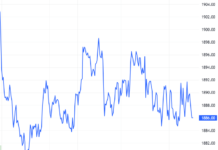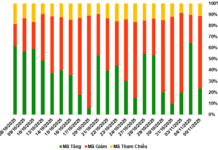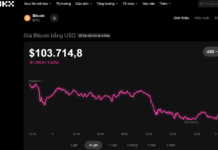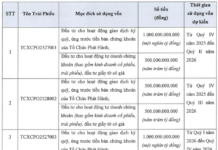On February 20th, The Guardian reported that The Body Shop will cut 300 jobs at its headquarters while nearly half of its 198 stores in the UK may have to close. Earlier, on February 13th, business advisory firm FRP, the appointed administrator of The Body Shop in the UK, announced that 198 stores in the country and its online store will continue to operate.
“Legal advisors will explore all options to sustain business operations and will provide updates to creditors and employees in due course,” FRP said. The administration process is a form of debt protection that can result in the sale of the business, closure of some or all stores, and employee layoffs.
Most recently, FRP researchers Tony Wright, Geoff Rowley, and Alastair Massey said, “After a thorough assessment of The Body Shop’s operations in the UK, the joint administrators have concluded that the current store portfolio is no longer viable.” Initially, 7 stores will close on February 21st, followed by the closure of several other stores.
It is expected that after the restructuring process, only over half of the 198 Body Shop stores in the UK will remain open. “Reducing the number of stores will mean focusing on innovation in products, online sales channels, and the brand’s wholesale strategy, elevating the brand to the same level as competitors in the industry and supporting financial stability,” they added.
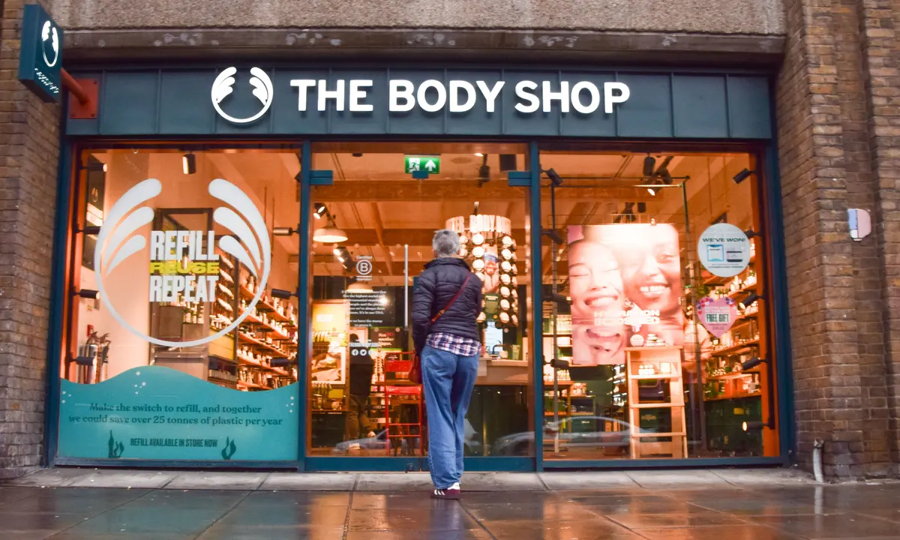
The Body Shop, a cosmetics brand, has faced financial difficulties for a long time under previous owners, coinciding with the challenging business period in the retail industry in general. According to FRP, this is the first major retail brand in the UK to go bankrupt in 2024. Previously, last year, UK’s discounted home and furniture retail chain Wilko had to close, resulting in over 9,000 employees losing their jobs. Although some of their 400 stores were taken over by other retailers, it was still a significant loss for the industry.
Established in Brighton, southern England in 1976 by the late environmental and human rights activist Anita Roddick, The Body Shop is known for promoting natural products with ethical origins that are not tested on animals. In the 1980s and 1990s, The Body Shop was one of the most popular cosmetics retailers on busy streets in the UK. However, in recent years, they have faced much fiercer competition from new brands, including those with ethical elements.
Indeed, The Body Shop’s products are relatively expensive compared to competing brands. Nevertheless, The Body Shop focuses on producing large volume products with guaranteed quality. In addition, since 1987, The Body Shop has implemented the Community Trade Program, seeking and collaborating with farmers and rural partners, providing them with good business opportunities, long-term and stable income. Through this way, the brand owns clean natural resources, such as chamomile flowers, mint oil from the UK, olive oil from Italy, soybean oil from Brazil… Currently, The Body Shop cooperates with nearly 30 suppliers and has over 20,000 farmers worldwide.
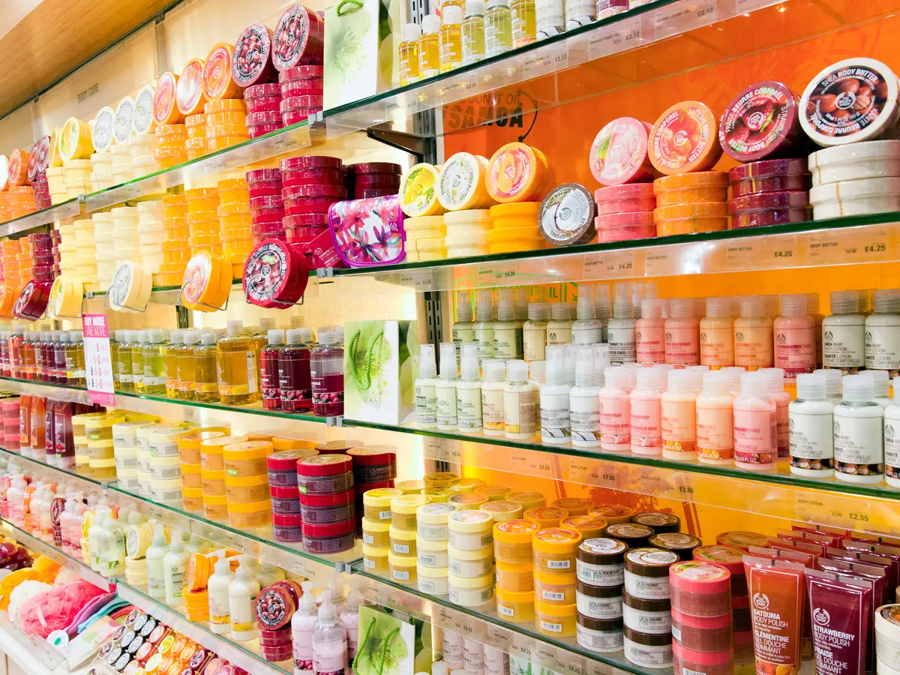
In 2006, The Body Shop was acquired by L’Oreal before changing ownership again in 2017 when French cosmetics giant sold it to Brazilian cosmetics manufacturer Natura&Co for 1 billion euros. However, after facing profit difficulties, last November, Natura resold this retail chain to private investment group Aurelius Group for £207 million.
The Body Shop entered the Vietnamese market in 2009, operated by The Body Shop Vietnam LLC. The company initially had a registered capital of VND 5.6 billion, later increased to over VND 16 billion with 100% foreign ownership. Currently, the chain owns 40 stores mainly located in Hanoi and Ho Chi Minh City. In addition to these stores, The Body Shop Vietnam also has an online store and distribution channels on e-commerce platforms.
Regarding the events of The Body Shop in the UK, InNature Bhd Group, the brand’s franchisee in Malaysia, Vietnam, and Cambodia, stated that InNature’s business operations are not affected by the difficulties that are happening in the UK. The InNature Group’s management board received official information from The Body Shop International, stating that the restructuring process only affects the UK market and does not in any way affect the business operations of the global franchising partners.
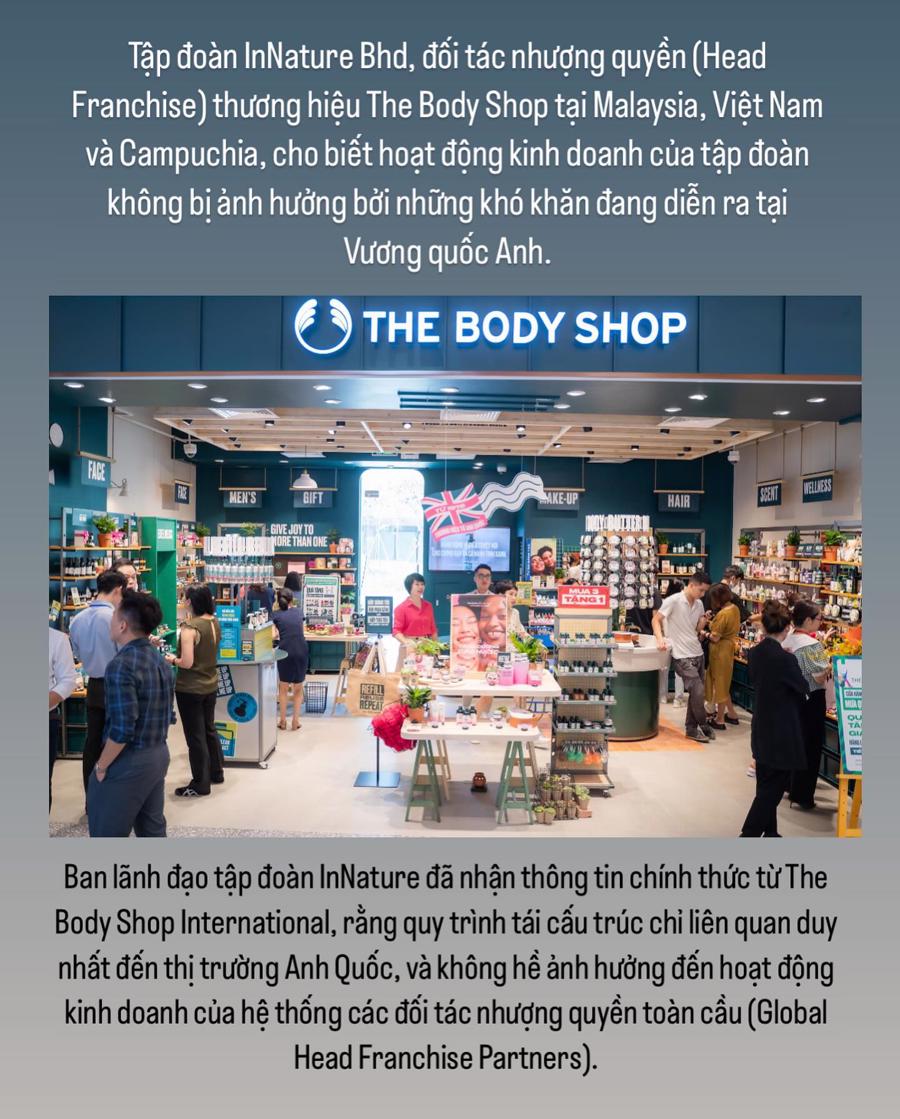
In Malaysia, Vietnam, and Cambodia, the InNature Group owns 122 retail stores and e-commerce systems. The company said that this year, The Body Shop Vietnam plans to expand its store network in the central areas of Ho Chi Minh City and Hanoi, as well as further boost its booming online business, especially through social media.
According to data from Metric, last year, the total revenue of The Body Shop on 5 popular e-commerce platforms (Shopee, Lazada, TikTok Shop, Tiki, and Sendo) reached over VND 24 billion with 79,000 products sold, increasing by more than 30% and 11.4% compared to the same period last year.
According to experts’ evaluation, the potential of the Vietnamese cosmetics market is enormous. Vietnam is one of the countries with the fastest-growing middle-income population in Southeast Asia. Currently, the middle-income class in Vietnam accounts for 13% of the population and is projected to reach 26% in 2026. As people’s incomes rise, the demand for personal care and beauty products also increases, driving the development of the retail cosmetics market.

